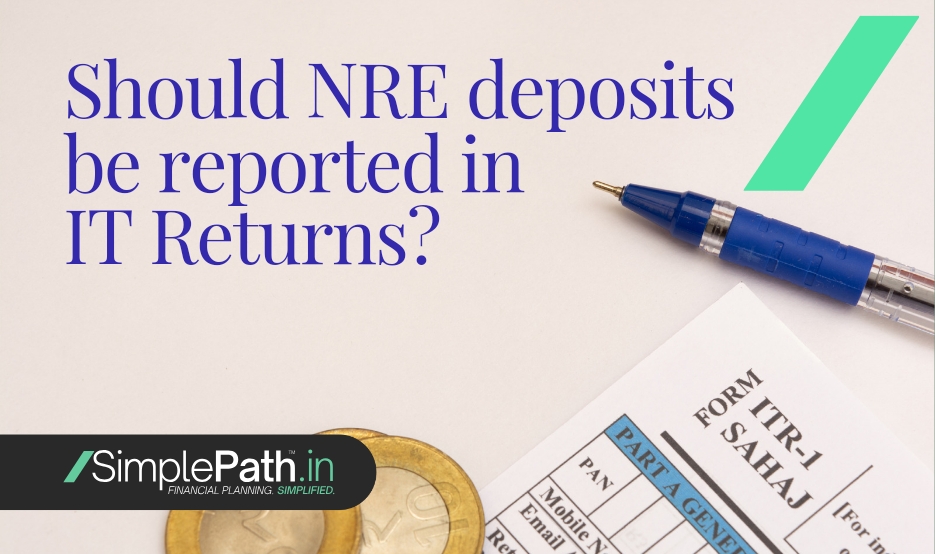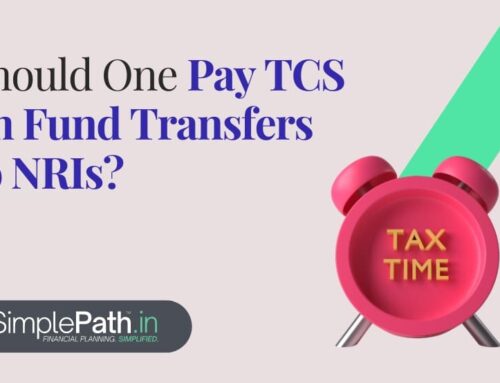According to the Income-tax Act, interest earned from an NRE account remains tax-exempt for an individual until they qualify as a person resident outside India (PROI) under the Foreign Exchange Management Act, 1999 (FEMA), or are permitted by the RBI to maintain the account.
Under FEMA, a person resident in India (PRII) refers to someone residing in India for over 182 days during the preceding financial year, excluding those abroad for employment, business, or an uncertain period, or those residing in India for other purposes. Those not meeting the PRII criteria are considered PROIs. Additionally, NRE accounts must be redesignated as resident accounts once the account holder returns to India for employment.
Considering these regulations, it’s suggested that the interest exemption under the IT Act may apply only while the individual is a PROI or permitted to maintain the account as per FEMA, once they return to India for employment and become a PRII.
The timing of taxation, whether yearly accrual or upon maturity, depends on the individual’s accounting method (cash or mercantile) for offering income under “other sources.” There’s a belief that interest earned until the individual qualified as a PROI remains tax-exempt, even if on a cash basis, though legal disputes may arise.
Regarding reporting accounts in the ITR, as per current requirements for Assessment Year 2023-24, all savings/current accounts must be reported in the “Bank accounts” section. However, if someone only holds NRE time deposits without a savings/current account, reporting in this section is unnecessary. NRE deposits might still need to be reported in Schedule AL under “Financial Assets.” All income from NRE deposits, even if tax-exempt, must be reported in the relevant section of the tax return form.
As per FEMA, NRE accounts must be redesignated as resident accounts or transferred to RFC accounts upon the account holder’s return to India for employment. Therefore, prompt action is required from your son to notify the bank and ensure the account/deposits are redesignated or transferred as appropriate.





